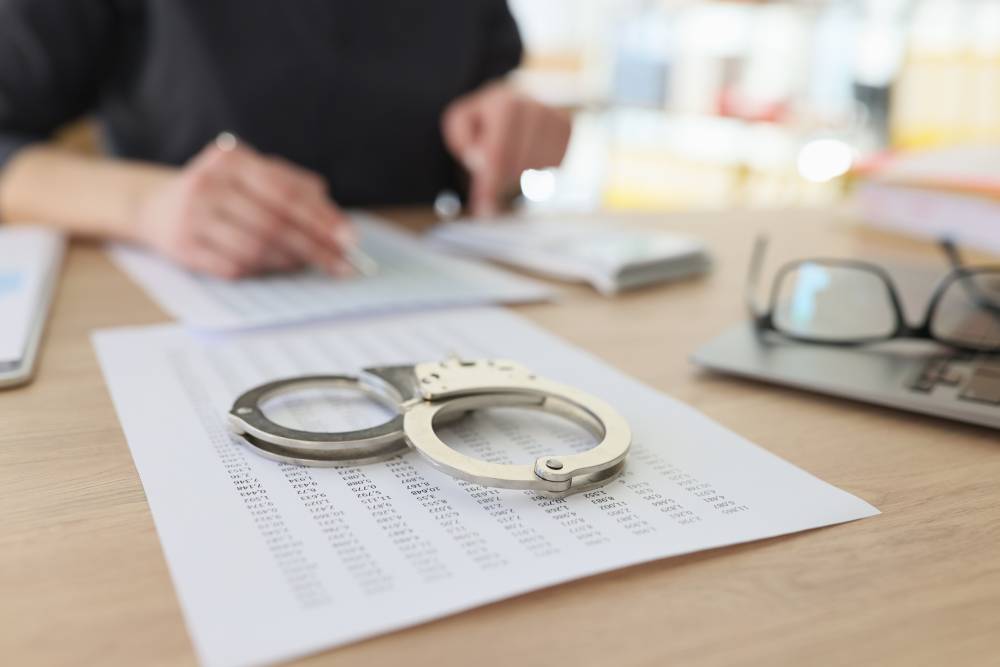Caught in the cycle: Why abuse victims may not press charges?
A victim's decision not to press charges could be influenced by various personal circumstances.
SHARIFAH SHAHIRAH
SHAH ALAM – A perplexing trend surfaces in the middle of endless abuse cases where victims choose not to press charges against their abusers.
This can be seen in one case that recently happened involving a woman being assaulted by her male partner, dragging her into a swimming pool at a condominium in Bandar Sunway, recently.
The incident, which was caught on camera went viral on social media.
The one-minute 44-second video showed a man and a woman quarreling by the poolside shortly before the man pulled the woman's hair and dragged her into the swimming pool.
Subang Jaya District Police Chief Assistant Commissioner Wan Azlan Wan Mamat confirmed the incident, where the 19-year-old victim filed a police report about the incident at 6.30pm.
However, the woman who filed the police report refused to proceed with the case, as she did not want any action taken against her partner. Police had since classified the case as 'no further action' following retraction of the police report.
All Women’s Action Society (AWAM) Information and Communications Officer Amanda Shweeta Louis highlighted that a survivor's decision not to press charges could be influenced by various personal circumstances.
She added these might include experiencing Stockholm Syndrome, fearing potential violence not only towards themselves but also their family members, and being influenced by social stigma and cultural norms associated with being an assault victim.
“Stockholm Syndrome is a psychological condition where abuse survivors develop empathy and loyalty towards their abuser, hindering their ability to recognise the abuse and seek legal action.
“Emotional entanglement and trauma bonds may create a belief that the relationship can improve, discouraging survivors from pursuing justice and prioritising harmony in the relationship.
“The survivor may fear for their safety as the perpetrator may inflict further acts of violence not only towards the survivor but also to other family members.
“These fears and anxieties are often compounded by the power dynamics inherent in cases of assault, where the perpetrator may hold influence or control over the survivor's life,” she said when contacted recently.
Louis stressed that cultural norms and the social stigma linked to being an assault victim might contribute to the withdrawal of complaints.
She said in cultures valuing privacy, there's a reluctance to expose personal matters.
She noted that assault, especially in a public setting like a swimming pool, intensified the trauma, deepening the survivor's feelings of vulnerability, shame and fear.
“Although it seems frustrating to us, the survivor may be in a loop that exists due to reasons such as an emotional dependency on the perpetrator.
“Overall, the survivor's decision to withdraw the complaint highlighted the importance of providing comprehensive support services to survivors of assault, addressing their concerns and empowering them to seek justice in a manner that prioritises their well-being,” she added.
She suggested offering comprehensive support services to victims and ensuring their voices and experiences were central in discussions or actions related to the assault.
She also emphasised advocating for more awareness programs on bystander intervention to address various forms of intimate partner violence is crucial.
Louis emphasised the importance of non-judgmental support from friends and family, encouraging survivors to seek professional help when needed.
She highlighted Public Service Announcements (PSAs) should also focus on guiding survivors through actionable steps when facing abuse.
She said encouraging victims to prioritise safety, including finding a secure place away from the abuser was crucial.
Amanda advised reaching out to domestic violence hotlines or shelters for immediate assistance, emphasising the importance of understanding legal rights and options.
She added this includes obtaining a protection order, seeking medical attention, and pursuing legal action.
“Survivors are also assisted in developing a safety plan to protect themselves in case of future incidents and assured that their information will be kept confidential,” she said.









